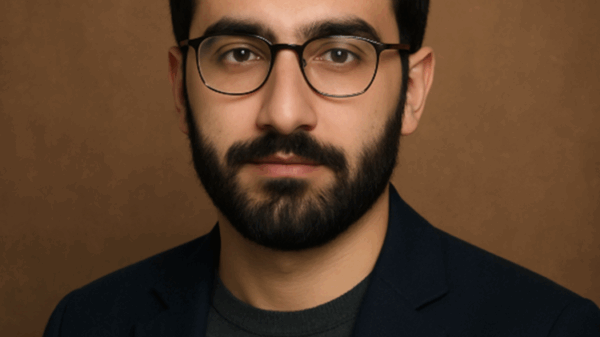A historic ceremony took place in Tashkent on Friday when Shavkat Mirziyoyev was sworn in as the newly elected president of Uzbekistan.
This important moment was celebrated in the country’s parliament, and it came with a number of symbolic gestures and commitments to the people. Before the oath-taking ceremony, the state standard and the sign of the President of Uzbekistan were displayed in the Senate hall, which emphasizes the importance of the moment. Zainiddin Nizamkhodjaev, chairman of the Central Election Commission, presented Shavkat mirziyoyev with a new document that officially confirmed his status as president of Uzbekistan.
The oath-taking ceremony began with Shavkat Mirziyoyev placing his hand on two important symbols — the Constitution and the Koran, the holy book of Islam. He then made a binding promise to follow the constitution and laws of the republic, to guarantee the rights and freedoms of citizens and to faithfully carry out the duties assigned to the president of the country. This moment was of particular significance given that earlier this year the citizens of Uzbekistan expressed their will in a referendum by supporting amendments to the constitution. These changes included extending the presidential term from five to seven years and allowing the incumbent president to stand for re-election after serving two consecutive terms.
Based on the voting results and in accordance with these amendments, mirziyoyev announced early elections, which were scheduled for July 9. The polls took place last Sunday, and according to their results, Shavkat Mirziyoyev received an impressive 87.05% of the votes.
This chain of events highlights the changes and reforms that are taking place in Uzbekistan under the leadership of Shavkat Mirziyoyev. His appointment to the presidency and the successful holding of elections indicate the stability and development of the country, as well as the desire for democratic change and improvement of the situation of citizens.
Before he became president, Shavkat Mirziyoyev held a number of high government positions and actively participated in the political life of the country. In 2001, he was appointed Prime Minister of Uzbekistan and held this post until 2003. He then became first deputy prime minister and minister of agriculture and water resources. A particularly important moment in his political career was his appointment to the post of Vice President of Uzbekistan in 2008. This post gave him the opportunity to take a key role in governing the country.

